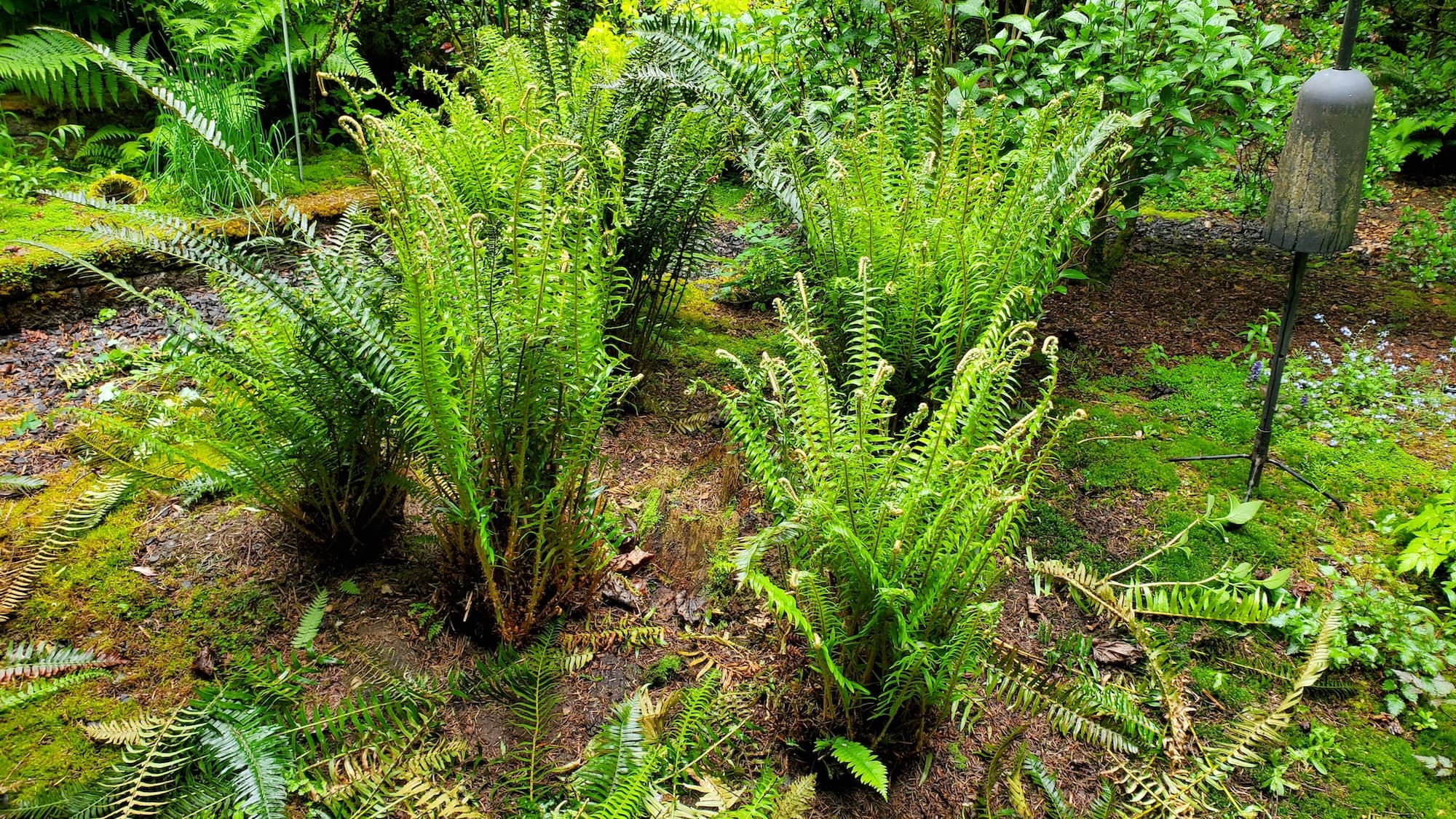West Seattle Clear plants from patios & fences
Homeowner’s Issue
West Seattle yards get lush fast. Winters are wet and mild, summers often dry—so plants that beat back fences and creep over patios are a repeating problem. Many properties sit on compacted glacial till with shallow topsoil, which encourages surface-rooted ivy and moss in shaded corners, while sunny slopes toward Alki and Admiral favour aggressive blackberry and bramble. Tight lot lines and slope runoff make drainage and rot at fence bases common, and narrow side yards or stair access complicate regular pruning.
HOAs and neighbors expect tidy sightlines; unchecked vines can violate covenants and damage fence posts, deck edges, and paving. Most invasives here are mechanical problems, not chemical ones—English ivy, Himalayan blackberry, bindweed, and volunteer salmonberry will resprout if roots stay. Rainy seasons accelerate spread; spring and fall are peak regrowth windows. Residents also juggle Seattle’s seasonal water advisories for summer watering, so replanting and mulching choices matter for long-term maintenance. That’s why hands-on, sustainable removal and targeted replanting with low-water natives are the sensible route for West Seattle homes.
Our Quality Service
We remove encroaching plants by hand and with small power tools, never herbicides. Typical jobs use loppers, pruning saws, root saws, and powered chipper when needed; we protect structures and irrigations while working. Small patios or fence lines often clear in a half day; larger jobs or steep slopes take one to two days with a two-person crew.
Local insight: compacted soils and slope runoff require root-pruning and rerouting of surface flow. We time work to dry windows when possible to reduce compaction, and recommend mulch or native replacements to reduce repeat work. Benefits: safer walkways, preserved fence and patio materials, lower ongoing maintenance, and durable, sustainable results.
What’s Included
- Site assessment and species ID.
- Manual removal of vines, brambles, and overgrowth.
- Root removal and targeted root-pruning to reduce resprouting.
- Pruning of overhangs and trimming to restore clear sightlines.
- Edging and light grading to improve drainage at fence bases.
- Full cleanup: hauling away debris or sorting for green-bin composting.
Options / Upgrades:
- Mulch + landscape fabric for high-traffic borders.
- Native replanting (low-water, pollinator-friendly).
- Organic weed control and repeat follow-up visits (no herbicides).
- Haul-away vs. curbside green-bin / compost drop-off.
Before & After / Expectations
Expect some noise and wood-chip dust during the work; larger root jobs may require a chipper. We’ll need clear access to the work area and a spot for green waste staging or vehicle loading. Small jobs: same-day tidy; medium jobs: 1–2 days; larger slope or fence rebuilds: scheduled estimates.
Aftercare tips for West Seattle:
- Watch spring and fall for fresh shoots; plan a follow-up visit within 6–12 months.
- Water new plantings deeply but infrequently in summer; follow Seattle water advisories.
- Keep ivy and moss off fence bottoms—regular patrols prevent reattachment.
- Mulch 2–3 inches to suppress weeds and conserve moisture.
FAQs
Q: Do you use herbicides?
A: No. We use mechanical removal, root-pruning, smothering, and organic methods only.Q: When’s the best time to clear vines and blackberries?
A: Late spring or early fall are ideal—soil is workable and regrowth is slower than in winter wet months.Q: Will my fence be damaged?
A: We protect structures and remove plant material carefully; concentrated root work near posts may reveal rot that needs repair—we’ll flag it.Q: Can you compost onsite?
A: Yes. We sort debris for green-bin pickup or haul-away, and can compost suitable material when requested.
Call to Action
If you’re in West Seattle and ready to reclaim a patio, sidewalk, or fence line, book a free estimate. We schedule quickly, work sustainably, and know local microclimates from Alki to Admiral. Email neatandtidyseattle@gmail.com to get started—fast quotes and practical plans from a local team.










